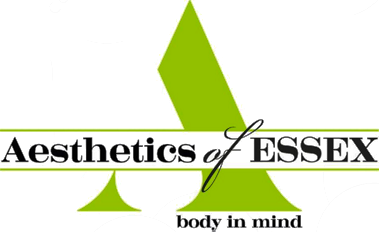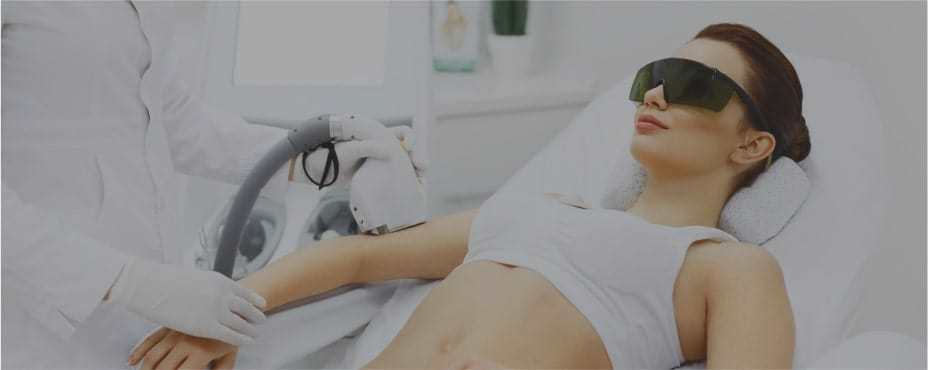As with all intravenous treatments like anti-wrinkle injections and Botox, there will likely be a certain degree of bruising, no matter how skilled the practitioner is.
So much so, it has the self-descriptive nickname: Botox bruising.
However, being aware of the truth about Botox and bruising is essential if you want to know what is ahead of you and be prepared.
To help you feel more informed, the expert practitioners at Aesthetics of Essex reveal all!
Are there specific areas of the face more prone to bruising?
As it is common to bruise after Botox, several things can worsen bruising, including if:
- Practitioners move the needle or apply too much pressure during injection
- You have very fair skin
- You are prescribed blood thinners
- You excessively touch or massage the site or engage in strenuous exercise afterwards
- You get Botox or anti-wrinkle injections around the eyes and mouth
Given the thinness of the skin and the number of superficial blood vessels in the areas around the mouth and eyes, it’s more common to bruise after Botox in these areas.
How does individual health status affect bruising risk?
Perhaps surprisingly, your individual health does play a role in your chances of Botox bruising, particularly if you take blood-thinning medication.
Anticoagulants are commonly prescribed to prevent blood clots from forming, something essential for people with a risk or history of:
- Pulmonary embolisms
- Deep Vein Thrombosis (DVT)
- Atrial Fibrillation (AFib)
- Heart valve problems
- Other heart conditions
- Blood clotting disorders
Blood thinners might also be prescribed if you have recently had hip or knee replacements.
This is especially important as taking anticoagulants can lead to easier bruising because of the reduced clotting. Clotting quickly can help minimise the spread of blood beneath the skin – and therefore the size and depth of the bruise.
What role do natural remedies like arnica or bromelain play in reducing bruising?
Arnica and bromelain supplements have been shown to have some efficacy in lowering the chances or severity of Botox bruising if taken for a few days before your treatment.
Arnica Montana is derived from plants and is known to have anti-inflammatory properties while also reducing swelling. Available in a pill or a topical gel, you can choose the most comfortable option for you.
Bromelain, on the other hand, is an enzyme found naturally in pineapple that has anti-inflammatory properties, can shrink veins, and can help to dissolve blood clots. You can either increase your pineapple consumption or start taking supplements to get the desired effect.
Can I cover bruises with makeup, and when is it safe to do so?
To reduce the risk of treatment complications after Botox or other anti-wrinkle injections, you are generally advised to wait at least one full day so the injection sites can successfully close over.
Failure to wait can lead to:
- Infections
- Asymmetry
- Delayed healing
After the day of waiting has elapsed, and you are applying makeup to a bruise after Botox, ensure you apply it very gently, and look out for signs of complications:
- Swollen and red injection sites after 48 hours
- Painful bruises or lumps
- Fever or discharge – common signs of infection
What should I do if bruising persists beyond two weeks?
While being bruised after Botox isn’t uncommon, bruises shouldn’t generally persist for longer than two weeks.
If they do, you should contact your practitioner and your GP to rule out complications or individual factors that might make bruising worse.
What are the signs of complications versus normal bruising?
During your recovery, look out for Botox bruising that:
- Persists past 2 weeks
- Worsens
- Increases in size
- Becomes painful
- Includes signs of infection, including fever, redness, or warmth
- Swells
If you notice these symptoms, you should also reach out to our experienced team and your GP – both of whom can offer advice on how to care for your skin until it heals.
High-quality anti-wrinkle treatments
While Botox and bruising are common, most people experience very little bruising and are ready to enjoy their new youthful complexion after a day or two.
But, it’s always worth considering all of the options before treatment, so you can make an informed decision.
For more information, to book a free consultation, or to ask any lingering questions, contact us today – our experienced and helpful team will be glad to help.

